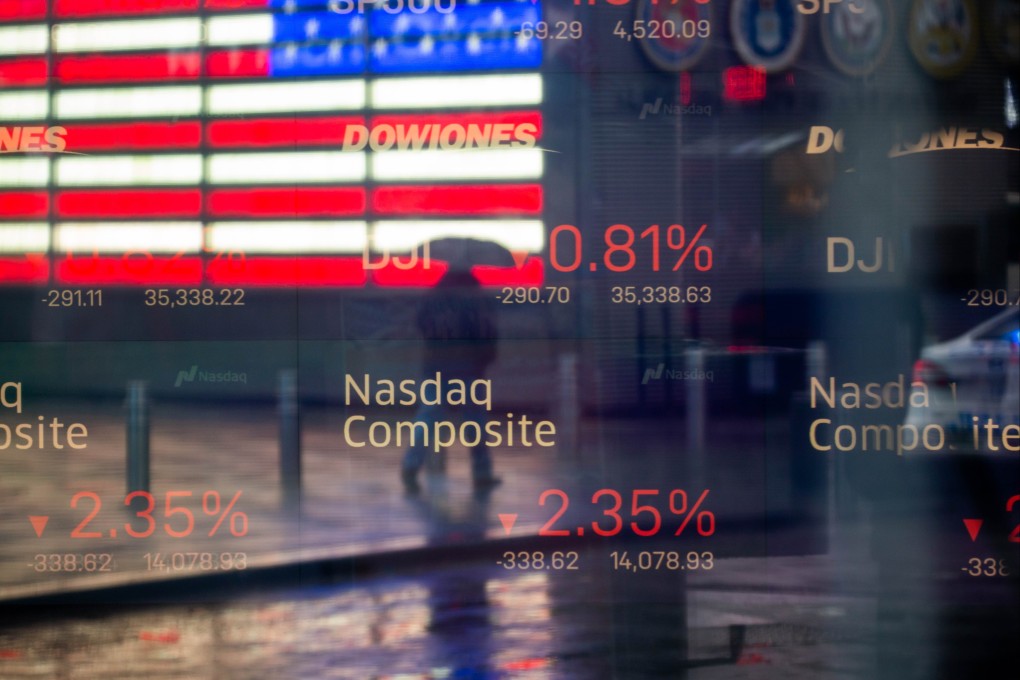Macroscope | Why Federal Reserve’s hard pivot over inflation has stock markets spooked
- Investors are worried the policy support freely offered by central banks in the past two years will be withdrawn quickly and aggressively
- Market volatility is expected to persist until there is greater clarity about the pandemic, snarled supply chains and the direction of interest rates

Capital markets have had a turbulent start to the new year as they adjust to more active central banks and tighter monetary policy. The US Federal Reserve has kick-started the hawkish tones, and other developed market central banks are following suit. Higher interest rates are not a negative given they signal a stronger economy, but the pace of increases could be if rates move higher in quick succession.
The US economy is in remarkable shape. Jobs are plentiful for those who are looking for them, wages are rising and helping to offset some of the increased cost of living from higher prices. Meanwhile, companies are planning to spend and invest as demand looks strong and they seek to improve productivity.
Then there is the very easy stance of monetary policy from which the Fed is starting. Even if the Fed raises rates five times this year, the official cash rate will only be around 1.25 per cent in nominal terms and remain negative in real terms, or adjusted for the rate of inflation. They would still be some way from where they would be high enough to really hamper economic activity.
So why have equities reacted so sharply to the prospect of higher rates? It’s because of the pivot.
